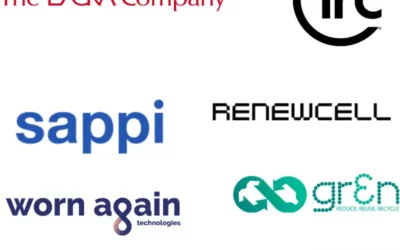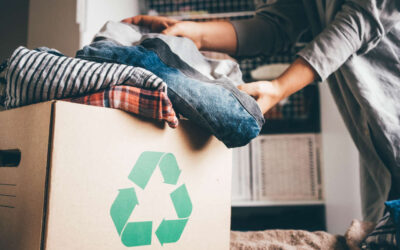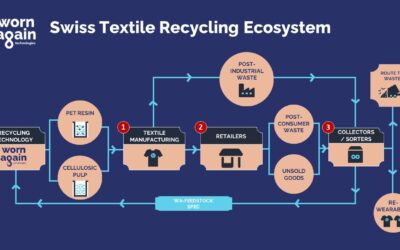News & Press
Stay up to date with what is new with us!
Worn Again Technologies is continuing to enable a Circular Economy for Switzerland.
In partnership with Institut für Werkstofftechnik und Kunststoffverarbeitung (IWK), Worn Again, Sulzer and others have succeeded in their joint bid for grant funding from Innosuisse, the Swiss Innovation Agency.
Worn Again Technologies joins pivotal alliance to advance a circular, waste-free textile future
Worn Again Technologies, a pioneer in the true circular economy for textiles, has announced its membership of the newly formed Alliance of Textile Chemical Recyclers (ACTR). Spearheaded by Accelerating Circularity, this partnership aligns perfectly with Worn Again Technologies’ mission to repurpose waste materials back into the supply chain, signaling a shift away from the old-fashioned linear textile industry.
Worn Again Technologies draws closer to full textile circularity
Worn Again Technologies is helping to evolve the supply chain of feedstocks needed for the development of a global, circular and more sustainable textile industry by participating in an innovative end-of-use material sorting initiative.
Weaving a network of circularity
Worn Again Technologies (WAT) has announced the launch of the Swiss Textile Recycling Ecosystem. Bringing together key industry players across the entire textile value chain, the initiative will support the creation of a circular economy based on Worn Again Technologies’ innovative polymer recycling technology.
The circular textile economy is rapidly approaching
About Us News Worn Again Technologies has announced plans to build a new textile recycling demo plant in Winterthur Switzerland.Worn Again Technologies announces plans to build a new textile recycling demo plant in Winterthur Switzerland Worn Again Technologies is in...
Embedding circularity
About Us News An energy-from-waste plant with an outdoor sports center on its roof, Amager Bakke is an inspiration to WAT, as it is integrated into the urban ecosystem. (Credit photo Copenhill Hufton&Crow / ARC)Worn Again Technologies builds on its ambition to develop...
Reclaim infinity
AND FIND OUT MORE
A waste-free, circular resource world is within reach!
© Worn Again Technologies is a limited company registered in England and Wales. Registered number: 06816793. Registered office: Fieldfisher, Riverbank House, 2 Swan Lane, EC4R 3BF. Website crafted by Pavlina Jankotova.






